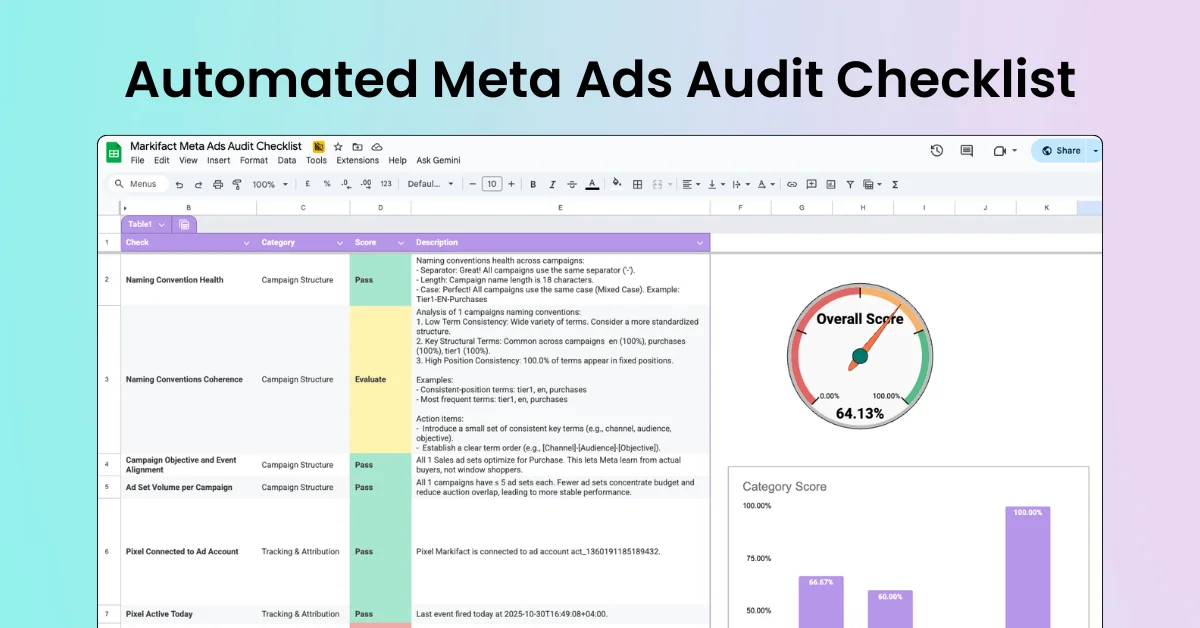TikTok's attempt to overturn a law that could lead to its ban or sale in the US by early 2025 has been denied by a federal appeals court. The court ruled that the law, which TikTok argued was unconstitutional and a violation of free speech for its 170 million US users, was a result of extensive bipartisan efforts to address national security concerns linked to the app's Chinese ownership. TikTok plans to appeal to the US Supreme Court, asserting that the law is based on flawed information and would censor American citizens.
The potential ban may be influenced by the upcoming 2024 US Presidential Election, as Donald Trump, who previously sought to ban TikTok, has indicated he would not enforce the ban if elected. However, strong anti-China sentiment in Congress complicates the situation, with bipartisan support for restricting TikTok's operations.
The court case is being closely monitored by TikTok users and competitors. Some creators express reluctance to shift to rival platforms, while companies like Meta are adapting their services to capture TikTok's audience. Analysts predict significant disruption in the social media landscape if TikTok's appeal fails, potentially benefiting platforms like Meta, YouTube, and Snap, while harming content creators reliant on TikTok.
Experts note that replicating TikTok's unique features, powered by advanced AI and big data, poses significant challenges. Concerns about data privacy and algorithm manipulation are also highlighted, referencing recent controversies surrounding social media platforms.

















